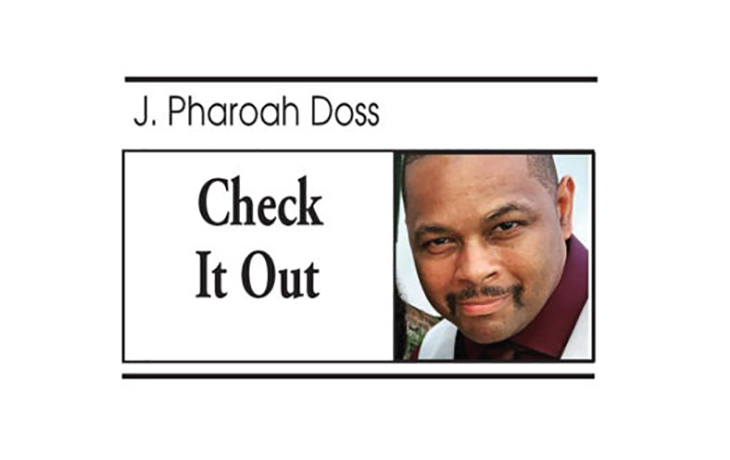Dr. Ibram X. Kendi spoke at the Aspen Ideas Festival in 2019 about his book How to Be an Antiracist. During the Q&A, a questioner was unsure how Kendi defined racism and asked him to provide a definition. Kendi defined racism as a collection of racist policies that lead to racist inequity that are substantiated by racist ideas.
Kendi clearly established his own definition of racism that coincides with his antiracist philosophy. But critics argued that including the term being defined in the definition, as Kendi did, constitutes circular reasoning.
Kendi’s defenders stated that the opponents failed to understand that racism is not about people; it is about power, and Kendi’s term accurately captures that dynamic.
The following year, an unarmed black man named George Floyd was killed by a white police officer in Minneapolis, sparking nationwide rioting. Activists dubbed the civil upheaval America’s “racial reckoning.” Corporations donated millions of dollars to Black Lives Matter and other social justice organizations, while Twitter’s CEO gave $10 million to Ibram X. Kendi’s Center for Antiracist Research.
Time Magazine named Kendi to its 2020 Time 100 list, ranking him among the world’s most influential individuals. Kendi said, “I’m focused on using any influence I may have to challenge racism, to eliminate racial inequity and injustice, and to build an antiracist world.”
What exactly was Kendi’s influence?

During America’s “racial reckoning,” Kennedy Mitchum, a 22-year-old black woman who graduated from Drake University in Des Moines, Iowa, wrote to Merriam-Webster’s editors, demanding an update to the dictionary’s definition of racism.
She complained that racism is not only prejudice against a certain race; as the dictionary defines it, it’s both prejudice combined with social and institutional power. Mind you, the second definition of racism in the Merriam-Webster dictionary actually conveyed this concept, but it sounded like Mitchum wanted the dictionary to mirror Kendi’s definition.
Merriam-Webster’s editors chose to update their second definition of racism.
The original definition, which described racism as a doctrine or political program based on the assumption of racism and designed to execute its principles, or a political or social system founded on racism, was changed to “the systemic oppression of one racial group for the social, economic, and political advantage of another; specifically, white supremacy.”
Merriam-Webster’s editor noted that the revision was long overdue. The editor went on to say, “While our focus will always be on faithfully reflecting the real-world usage of a word, not promoting a particular viewpoint, we have concluded that omitting any mention of the systemic aspects of racism promotes a certain viewpoint in itself, which does a disservice to readers of all races.”
According to Kendi, one may only be racist or antiracist; hence, the editor made the correction for antiracist reasons. Commentators joked that the dictionary had gone woke, while serious political experts disputed whether Merriam-Webster’s modification was a step forward toward better understanding or a hasty fix to address a complaint during America’s “racial reckoning.”
It is not the altered definition that matters. It’s what influenced the shift. A few years later, Kendi updated his book, How to Be an Antiracist, with a new preface.
Kendi admitted that his detractors were correct.
Kendi wrote, “I spend a lot of time explaining and defining the terms “racist policy” and “racist idea” or “antiracist policy” and “antiracist idea.” And then I use those definitions to define the terms racist and antiracist for an individual. I was so adamant about people coming to an understanding of those terms that I inserted them into these seminal definitions of what it means for an individual to be racist or antiracist. But that created circular definitions, where the terms “racist” and “antiracist” are used to define racist and antiracist. This error happened because I lost sight of something critical: definitions must be able to stand on their own.”
Merriam-Webster’s editors should have respectfully informed Mitchum that their definition could stand on its own. Instead, Kendi gets to correct himself, but the corrections in the dictionary remain.
